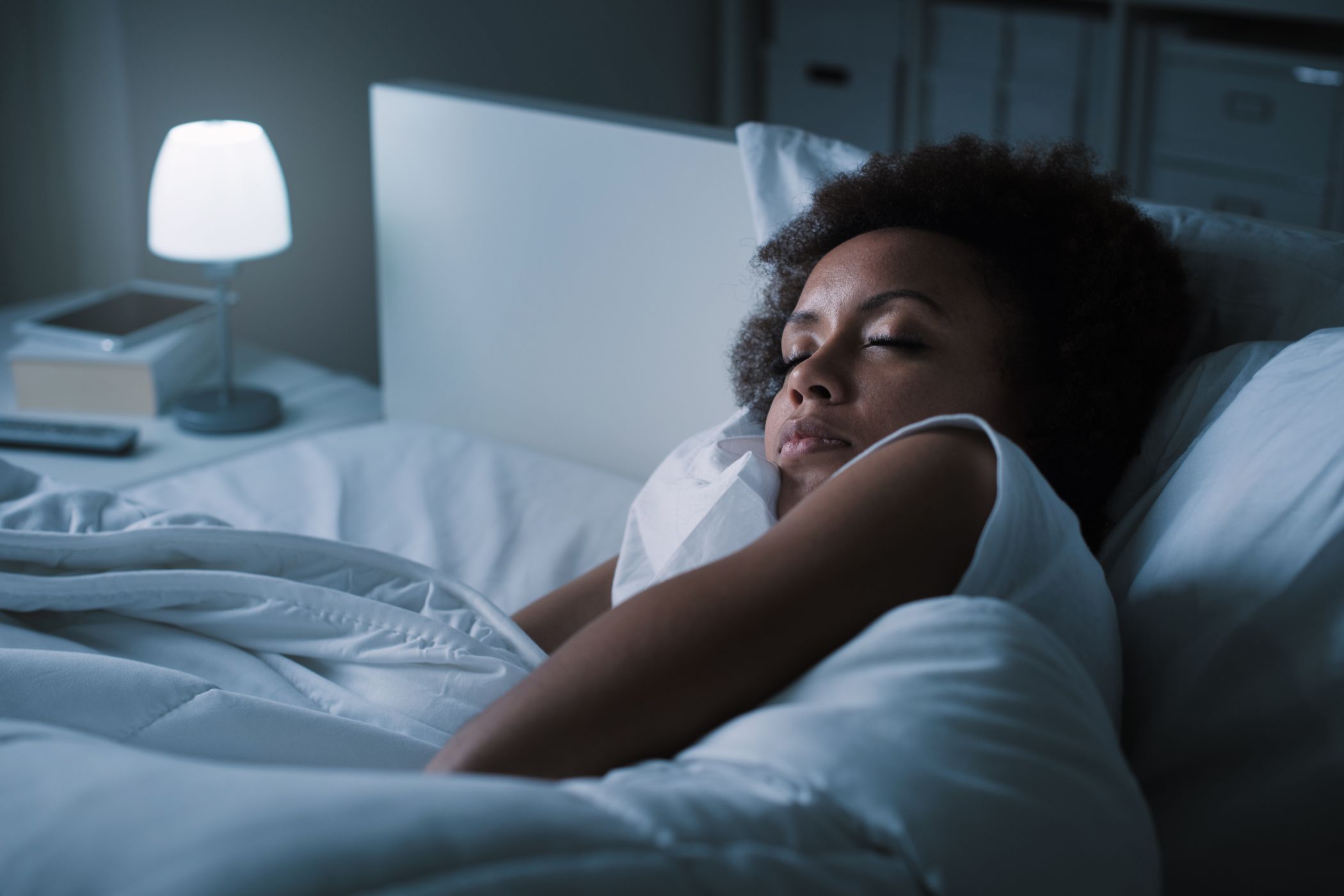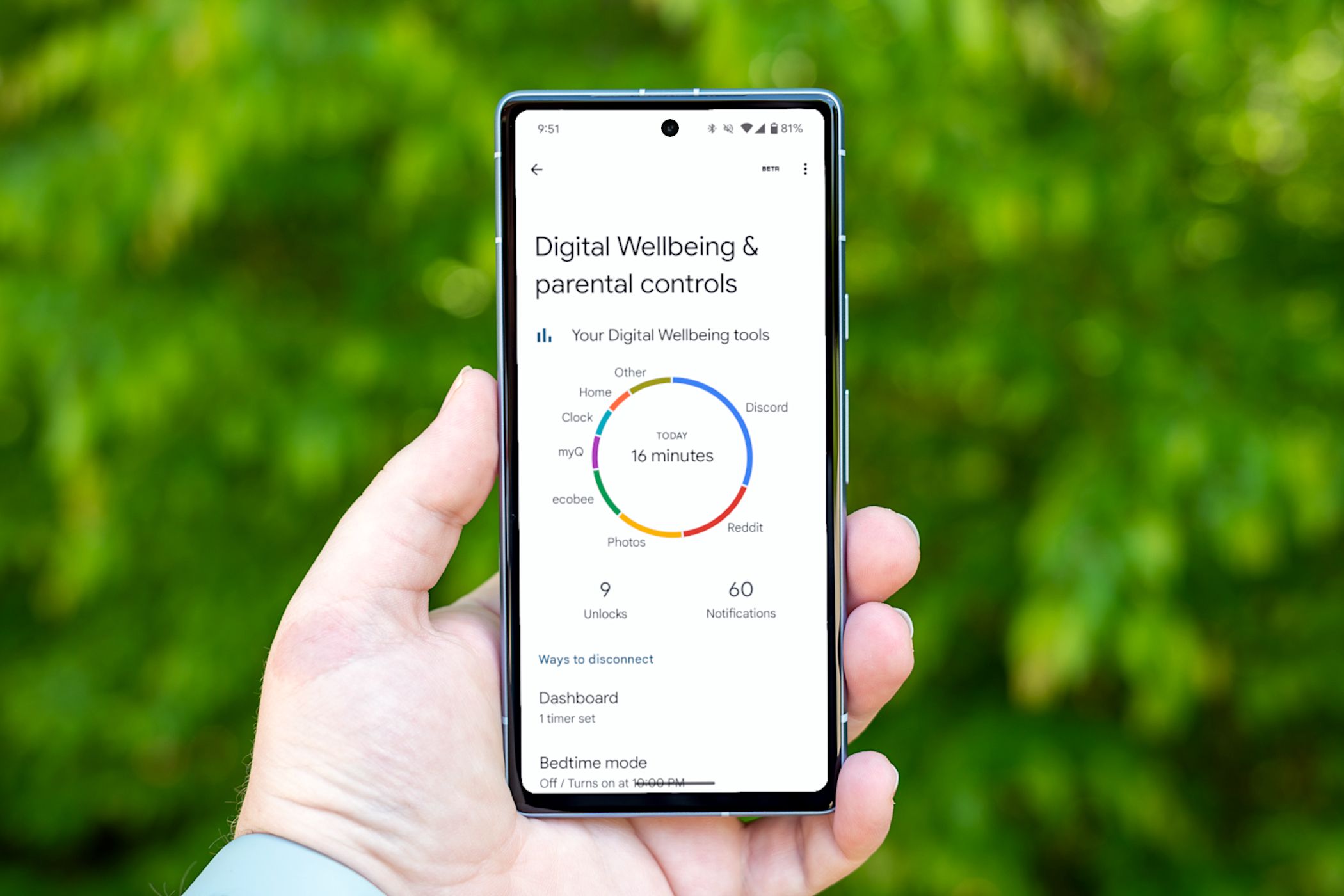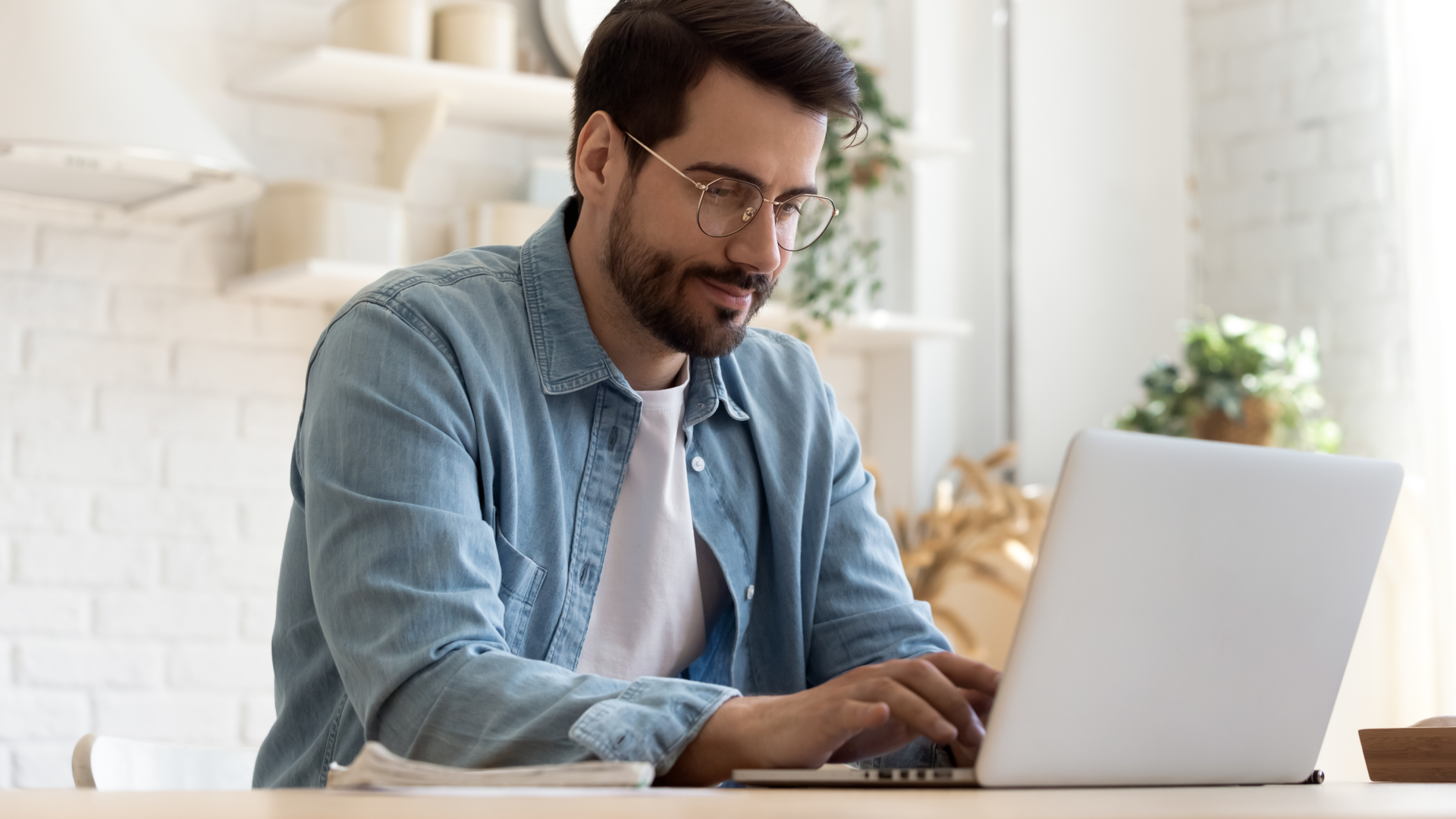I’m fed up with seeing meaningless violence, bullying, animal abuse, and toxic opinions on social media, and I’ve noticed it has an adverse effect on my mental state. I want to change that.
Indeed, I would pick up my phone a happy person, but by the time I had finished scrolling through X or watching Shorts on YouTube, my mood had changed for the worse. What’s more, the volume of this type of unpleasant content I was seeing had increased, and I felt the algorithms were out to get me.
This made me think about my relationship with social media. It also made me realize that it was the first and last thing I engaged with every day. That’s not to say that I want to block out everything bad that is happening in the world—after all, being informed of global goings-on, whether pleasant or unpleasant, is important. However, I felt that I needed to stop social media from controlling me while, at the same time, taking control over what I see and when.
The good news is I didn’t have a dozen or more social media apps to sign out of. I decided to delete the X and YouTube apps for a week, keen to find out how this would affect my day-to-day life. Here’s how it went.
Books Are Great!
Since I was young, I’ve enjoyed reading. For me, the optimal time to read has always been before I go to sleep, as it helps my brain unwind from the hustle and bustle of everyday life. However, despite knowing this, I increasingly found that scrolling through Twitter had taken priority. It became such an addictive habit that I would sometimes find myself continuing to scroll, even if I was falling asleep and not taking any of it in.
I’ve never completed a book in a week—until now. Previously, I might have spent half an hour in bed reading and then half an hour on social media. Sometimes, I would become so engrossed in mindlessly scrolling that I wouldn’t pick up my book at all. However, during my experiment, I devoured page after page and suddenly realized that I had nearly finished the whole thing by day six. That might have something to do with how captivating the book was (if you’re a fan of reading about crime and the military, I’d recommend Billy Billingham’s “The Hard Way”), but it was almost certainly attributed to the fact that I put my phone to one side and didn’t touch it again until the next morning. And that felt great.
I’ve Slept Better
Not spending my last waking hours each day consuming social media content led me to fall asleep much more readily. On top of that, I slept all night without interruption. Previously, after half an hour of continuous scrolling, my brain took longer to switch off and enter sleep mode. What’s more, I would fall asleep thinking about some of the disturbing stuff I had seen online, and that’s not good for anyone.
Better sleep has made me feel fresher and more ready to tackle the day when I wake up. I’ve worked more productively, had more positive interactions with others, and just generally felt much better overall.
My Step Count Has Gone Up, and My Screen Time Has Gone Down
The data is convincing. The week before I gave up social media, I was averaging just over 6,000 steps a day. However, during my experiment, this rose to nearly 8,000 steps a day. Why? Because the time I might have previously spent looking at memes of Boris Johnson hanging from a zip wire or watching videos of cats playing the piano was replaced with short walks through the autumnal leaves of my local park or ten minutes dead-heading the chrysanthemums in the garden.
Similarly, my average screen time dropped from 9 hours, 23 minutes a day to 5 hours, 58 minutes a day. Although having Flightradar24 on for hours in the background as I work skews my figures somewhat, the drop is still significant. It highlights to me just how much time I used to waste on X and YouTube when, instead, I could have been appreciating the world directly in front of me rather than as seen through a screen.
I’ve Found Better Sources of News
One of the most noticeable changes has been the diversity of news I have consumed as a result of not relying on X to keep me up to date. Even though you see articles from wide-ranging left- and right-leaning publications on social media (albeit somewhat dictated by algorithms), what I was seeing was only scratching the surface of what those news websites had to offer.
Now, as well as consciously reading content from a broader range of new outlets (including How-To Geek!) by visiting their websites directly, I’m seeing more diverse articles that I simply wouldn’t have encountered when trusting social media alone. Indeed, most news websites offer broad and comprehensive topics, and rather than reading three lines of Joe Bloggs’ unconsidered opinions on X, I’m reading better-informed op-eds that give me a greater insight into people’s perspectives. As a result, I feel that I have more control over what I read, as well as more confidence in its reliability.
I’ve Earned More Money
Whether dropping social media would have the same monetary effect on you depends on the type of work you do. However, as a freelancer, I found myself using some of the time I freed up to do some extra work, leading to an increase in my weekly pay packet.
It’s Turned from an Experiment to a Permanent Fixture
One week on, I’ve come to the point where my experiment has concluded. When I first decided to drop my socials, I anticipated reinstalling the apps on my phone once the week was up. However, given the many benefits I’ve experienced over the past seven days, I’ve decided to carry on in the same way. Admittedly, there are certain things I’ve missed—such as content from my favorite football team’s X and YouTube accounts—but I’m quite happy to sacrifice these to continue experiencing the many benefits I’ve listed above.
Using only X and YouTube, I’m probably not the most prolific of social media users. However, given the profound benefits even I have experienced during the last week, I can only imagine how someone who uses the many other platforms more compulsively would benefit from treating themselves to a week off.
Excessive social media use might not be the only sign of smartphone addiction. If you feel anxious when your phone is not in reach, frequently check your phone when it’s not necessary to do so, or feel compelled to use your device any time you have a spare minute, consider switching your phone to silent mode, turning off non-urgent notifications, or—better still—earmarking certain hours in the day when you will turn your phone off completely.







